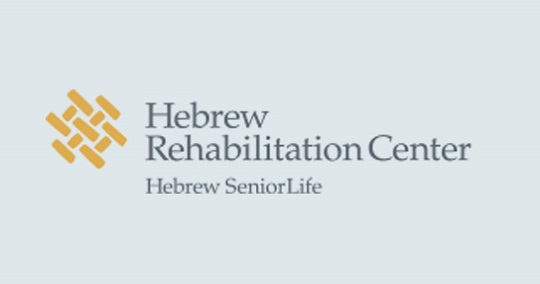Hebrew SeniorLife and Brown University have received a five-year $53.4 million grant from the National Institute on Aging (NIA) to lead a comprehensive, nationwide effort to address Alzheimer’s disease and related dementias. NIA is a division of the National Institutes for Health.
The funding will support the creation of a research incubator or “collaboratory”, bringing together 30 research institutions throughout the United States to conduct pilots to test non-drug, care-based interventions for people living with dementia, and also to develop best practices for implementing and evaluating interventions for Alzheimer’s and dementia care and share them with the research community.
Dr. Susan Mitchell, senior scientist at Hebrew SeniorLife’s Hinda and Arthur Marcus Institute for Aging Research and professor of medicine at Harvard Medical School is co-leader of the collaboration, along with Dr. Vincent Mor, professor of health services, policy and practice at Brown’s School of Public Health.
Pilot projects throughout the country will benefit from the collaboratory’s experts, who will assist with ethical concerns (such as how to secure informed consent from people living with dementia); technical support and generation of data on participant populations; statistics and project design; advice on how to measure patient- and caregiver-reported outcomes; dissemination of results and efforts to maximize the likelihood of implementation; partnering with healthcare systems interested in conducting trials; project administration; training for junior researchers; inclusion of and applicability to people of all backgrounds and cultures; and best practices to engage people interested in this work, including people living with dementia and their caregivers.
“It’s time for Alzheimer’s and other dementias to receive the same level of research focus and investment as cancer,” said Louis Woolf, HSL president and CEO. “We’re proud to collaborate with Brown University to address this national epidemic that affects not only patients, but their families and caregivers as well.”

